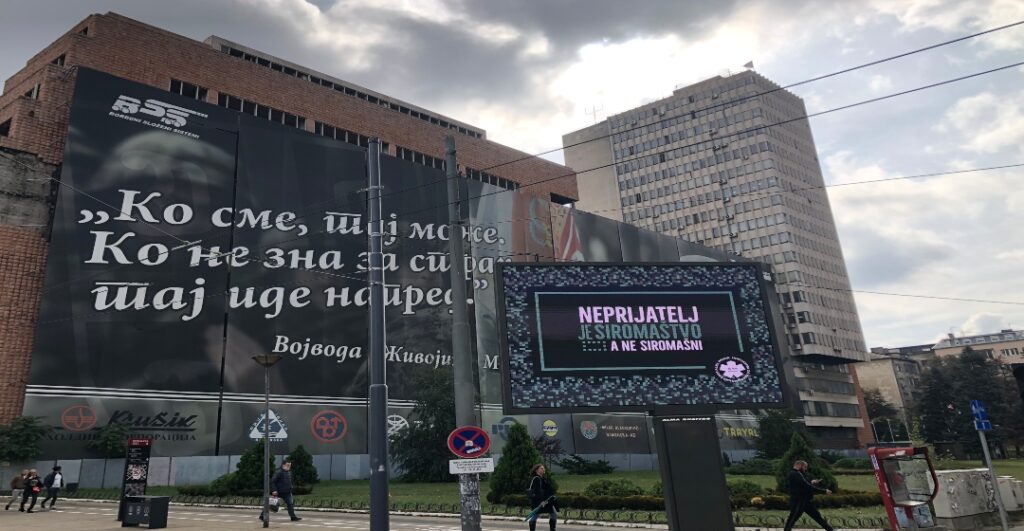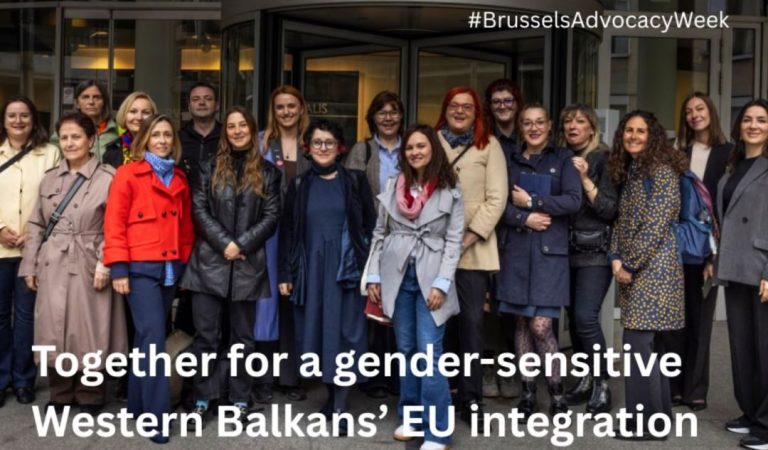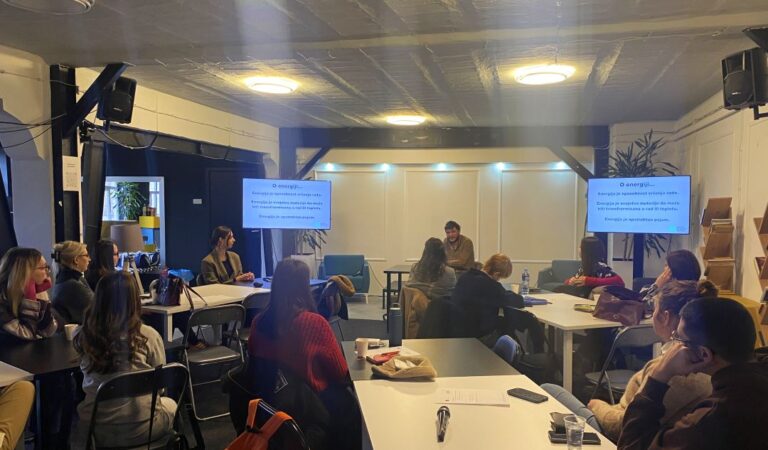Serbia marks the International Day for the Eradication of Poverty, October 17, with the increased numbers of the truly poor and increasingly frequent rejections of the citizens’ assistance applications or, simply, continuously more stringent eligibility conditions.
Instead of deepening its social role and meeting the needs of the socially vulnerable populations, the state is increasingly withdrawing from this role, according to A 11 – Initiative for Economic and Social Rights (A 11 Initiative).
“The main problem is that not all the poor are captured in the social protection system. They are not registered as vulnerable, and they do not receive any assistance by the state. “Some of them are not even aware that they are eligible to receive assistance, some do not know how to apply or are not able to submit the application, and there are also numerous administrative barriers that make it look like the state is “discouraging” the citizens from accessing their social rights”, says Danilo Ćurčić, A11 Initiative Program Director.
Wishing to draw the public’s attention to the fact that poverty is not a personal problem of an individual, but the result of the extreme violations of a number of human rights, and that every poor individual needs assistance provided by the state, A11 Initiative has launched the campaign “Poverty is the Enemy, not the Poor” to raise publicly the question – is the state fighting against poverty or against the poor?
Based on their experience in supporting the socially vulnerable populations, A11 Initiative has identified numerous legal or administrative barriers that make it difficult for these people to receive the necessary state assistance.
“In order to receive social assistance from the state, which amounts to RSD 8,781.00, you must first prove that your relatives cannot help you, and this means that you must sue your relatives and have a court verdict passed that confirms it. Furthermore, Centers for Social Work apply the “missed earnings” concept and have the right to determine that you were unwilling to work and deliberately missed opportunities to earn a living, and that instead you are asking for assistance from the state. In addition to that, the number of children in the family who can receive financial allowance is limited, a working-age person can receive financial social assistance for nine months only, and no one asks you what you will live on for the remaining three months”, Ćurčić gives the examples illustrating how the state further complicates access to assistance for those who are in need, and that need is often urgent.
It appears that poverty is a question of personal resourcefulness and (in)ability, and it is overlooked that it is a systemic problem, created and maintained by society, i.e., the state. The narrative that is being pushed is that the poor are parasites, that they freeload and mooch on the state, and that the state has no money to support them.
A 11 Initiative warns that this is a very dangerous and unfair approach that pushes the poor even farther to the margins. “We are not such a poor society that we cannot afford to help the poorest among us. We need to manage the public money and other resources better, because they belong to everyone, and we can all find ourselves in a state of need and we will want our state to help us overcome that”, says Ćurčić.
In 2018, A 11 Initiative requested the state to ratify an important international document – the Optional Protocol – which would raise the level of protection of the economic and social rights of the Serbian citizens. Ratifying the Optional Protocol to the International Covenant on Economic, Social and Cultural Rights would enable the Serbian citizens to seek protection from the United Nations Committee on Economic, Social and Cultural Rights when they cannot obtain protection from the Serbian courts.
This year, on 20 October 2021, A 11 Initiative will organize a conference which will be attended by representatives of the most important state institutions, associations, unions, the academic community, and other stakeholders, where they will discuss the social rights protection system improvements and concrete proposals that should be undertaken with that respect.
Useful information:
One in four families receive lower income compared to the pre-pandemic period, while their health costs have increased. [1]
RSD 32,371.68 – minimum net salary, September 2021 [2]
Agricultural pensioners receive the lowest income – 2,130 of them receive an old-age pension in the amount of less than RSD 5,000.00. [3]
More than a million of pensioners live on an income of less than RSD 30,000.00 per month. [4]
The minimum consumer basket for June 2021 was RSD 39,334.76.
In 2020, there were 218,166 social assistance beneficiaries in Serbia.
The nominal amount of cash social assistance for an individual in Serbia is RSD 8,781.00.
Tens of thousands of social assistance beneficiaries are forced to do unpaid forced labor in order not to lose their right to social assistance.



